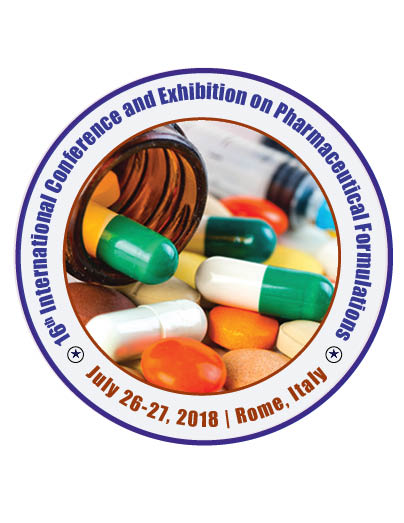
Richard Bone
Florida International University, USA
Title: Comparison of diacetate esters of macular carotenoids with lutein: Effect of supplementation on macular pigment
Biography
Biography: Richard Bone
Abstract
The carotenoids lutein, zeaxanthin and meso-zeaxanthin accumulate in the center of the human retina where they are known collectively as the macular pigment. The carotenoids are believed to protect the retina from age-related macular degeneration. Because macular pigment is obtained via the diet, nutraceutical products containing the macular carotenoids, particularly lutein, are readily available over-the-counter. We have conducted a 24 week supplementation study in which we compared changes in macular pigment in the retina for two groups of 24 subjects each. One group received 20 mg/day of lutein, the most commonly available macular carotenoid. The other group received a combination of diacetate esters of lutein, zeaxanthin and meso-zeaxanthin, equivalent to 20 mg/day of free carotenoids. Macular pigment in the retina was assessed using heterochromatic flicker photometry, which measures its optical density. The diacetate group had a significantly larger (p=0.0287) increase (0.0666±0.0481) in macular pigment optical density compared with the lutein group (0.0398±0.0430), due largely to the older subjects. Generally there were smaller increases for those subjects whose baseline optical density was high. The trend, however, was only significant (p<0.05) for subjects in the diacetate group. We also found that there were no differences, on average, in macular pigment response between male and female subjects. Neither did we observe that the use of statin drugs, which lower LDL and HDL carriers of carotenoids in the blood serum, had any measurable effect on carotenoid uptake in the retina.

